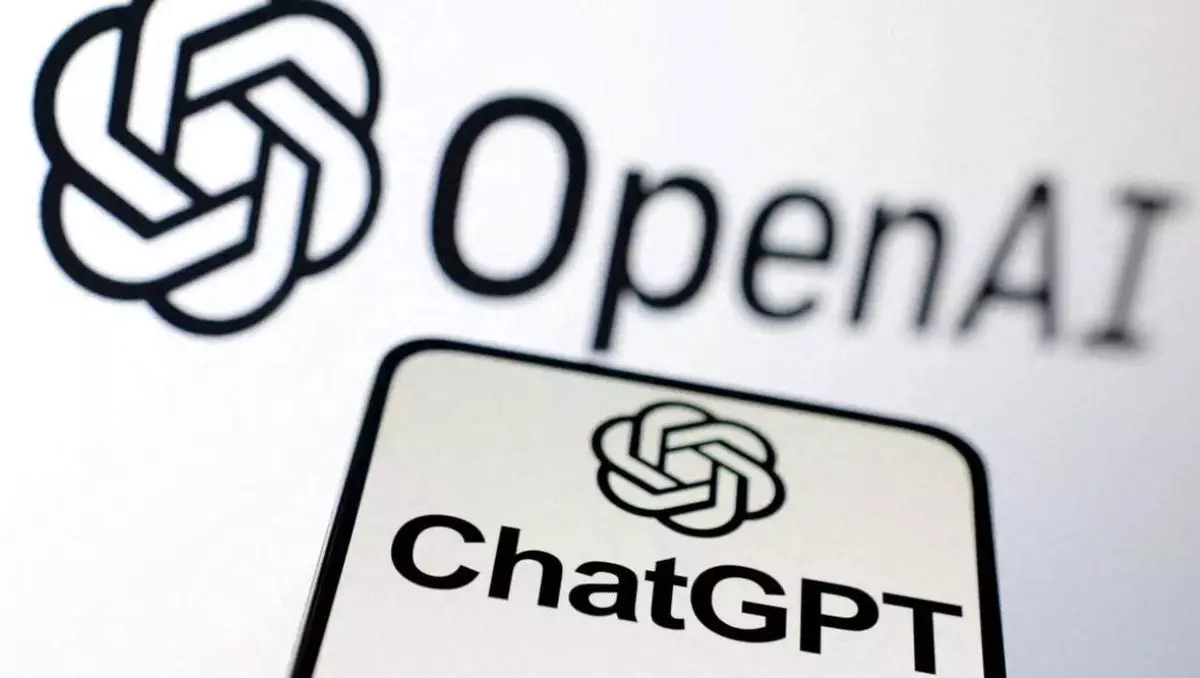Indian Publishers File Copyright Lawsuit Against OpenAI’s ChatGPT
Indian publishers have filed a copyright petition against OpenAI, accusing ChatGPT of using proprietary content without permission. Legal proceedings underway.
image for illustrative purpose

OpenAI is facing a legal challenge in India after a group of prominent book publishers filed a copyright petition in the Delhi High Court. The petition, filed on Friday, accuses OpenAI’s ChatGPT of using copyrighted content without obtaining prior consent. The publishers argue that the use of their material by ChatGPT threatens the future of the publishing industry in India.
The lawsuit highlights the growing concerns over the use of artificial intelligence (AI) in training models like ChatGPT. Publishers and authors across India have raised alarms about AI services accessing their copyrighted works without permission. They demand that tech companies, including OpenAI, stop utilizing such content to train AI models and reconsider the implications for intellectual property rights.
The petition, which represents members of the Federation of Indian Publishers, includes major names in the industry such as Bloomsbury Publishers, Penguin Random House, Cambridge University Press, Pan Macmillan, Rupa Publications, and S Chand and Co. These publishers, alongside newspaper owners and writers, have called for an injunction against OpenAI's use of their works.
The publishers are seeking to prevent OpenAI from using their proprietary content without an agreement. In the event that OpenAI refuses to enter into such an agreement, the petitioners demand that the data sets used in training ChatGPT be deleted. Additionally, they are asking for compensation for the unauthorized use of their works.
The petition comes at a time when generative AI tools, like ChatGPT, are rapidly gaining traction in the tech industry. Since its launch in November 2022, ChatGPT has made headlines for its capabilities in generating human-like text. Last year, OpenAI reportedly earned $6.6 billion, solidifying its position as a leader in the competitive AI market.
However, concerns have mounted regarding the ethical and legal ramifications of using copyrighted content without permission. Publishers fear that widespread AI adoption could disrupt the traditional publishing model, as the technology could undermine the value of original content.

